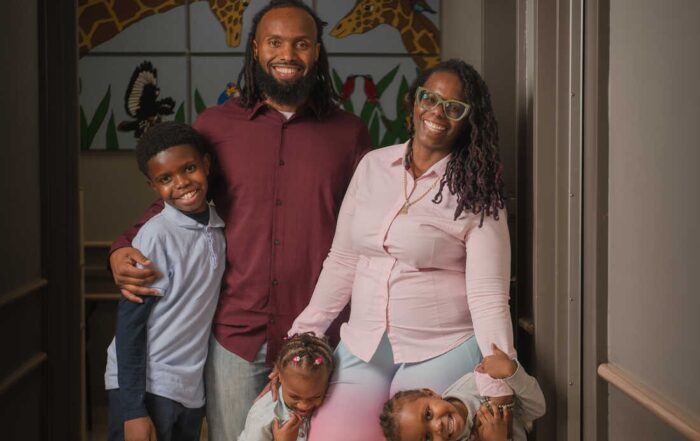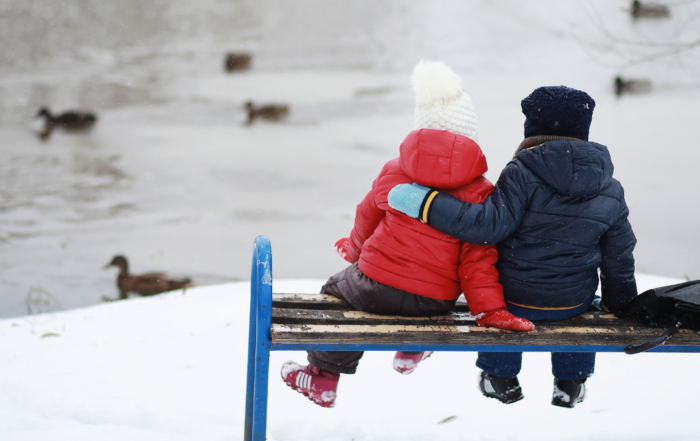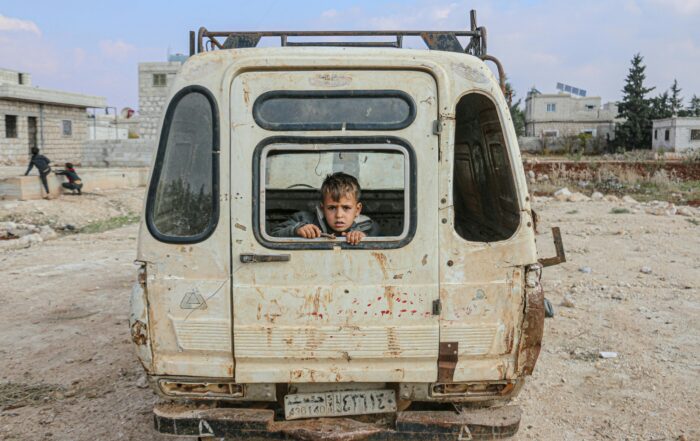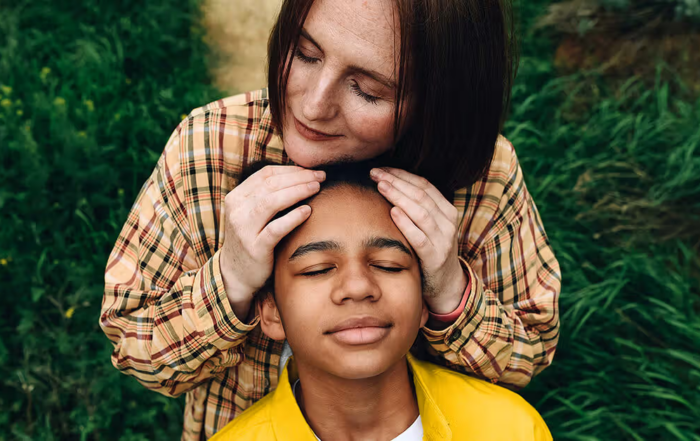By Maureen V. Kilrain, MS, PA-C
Child neglect and abuse are perhaps the most significant community health challenge in the United States. Mental health experts in trauma continue to investigate and apply a condition known as developmental trauma disorder (DTD), which is characterized by permanent changes in the neurobiologic system of children and adolescents who have been chronically exposed to various types of maltreatment during sensitive periods of childhood development. It is believed that a specific criterion is urgently needed to improve recognition of the unique profile DTD victims encompass and to avoid misdiagnosis or confusion with other psychological syndromes, such as posttraumatic stress disorder (PTSD).
In addition, the effects of DTD continue in adulthood and tend to correlate with multiple health problems. Medical providers may consider DTD an underlying cause of several conditions, including depression, anxiety, attention-deficit disorder (ADD), borderline personality disorder (BPD), chronic pain or fatigue, various addictions, and eating disorders. During clinical assessment, identifying a history of childhood trauma may broaden therapeutic choices and improve patient outcomes.
Share This Post!
The Mental Health of Minority and Marginalized Young People: An Opportunity for Action
By Vivek H. Murthy, Surgeon General Mental health is an essential part of overall health. It not only affects the ability of young people to succeed in school, at work, and [...]
How to Break the Cycle of Childhoold Trauma? Help a Baby’s Parents
By Rhitu Chatterjee, NPR Teresa Cox-Bates was only 11 years old when her father died, an event that dramatically altered her family's circumstances and shaped her childhood experiences. Studies also show [...]
Supporting Children and Teens During the Holiday Season
Provided by The National Child Traumatic Stress Network This fact sheet provides tips that parents can use to talk to their children and teens about how they are feeling and changes [...]
How a History of Trauma is Affecting the Children of Gaza
By Rhitu Chatterjee, NPR Researchers say the cumulative trauma of chronic ethnic-political violence has a profound and lasting impact on children's mental health and development, affecting their functioning and outlook on [...]
Helping Children Cope After a Traumatic Event
Provided by the Child Mind Institute In the wake of a traumatic event, your comfort, support and reassurance can make children feel safe, help them manage their fears, guide them through [...]
Mental Health Resources for Caregivers
Provided by Mental Health America Caregiving can often have a significant impact on the life of the caregiver in more ways than one. It can make maintaining your physical and mental [...]







